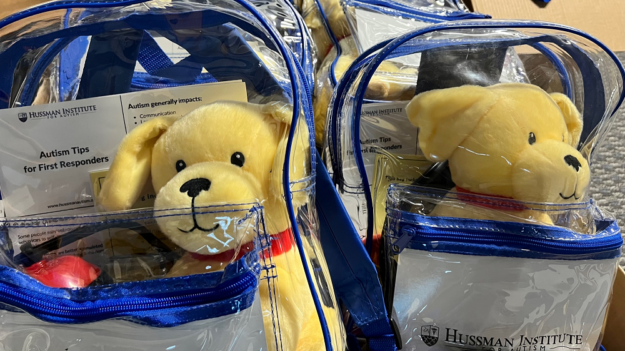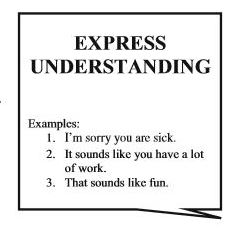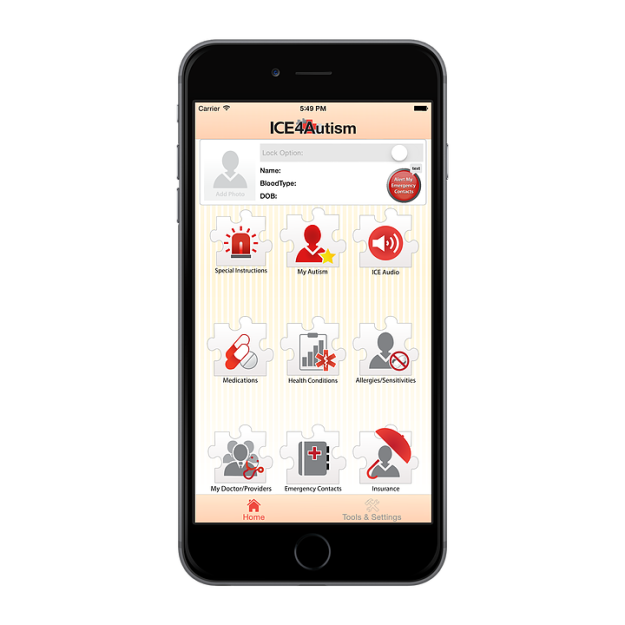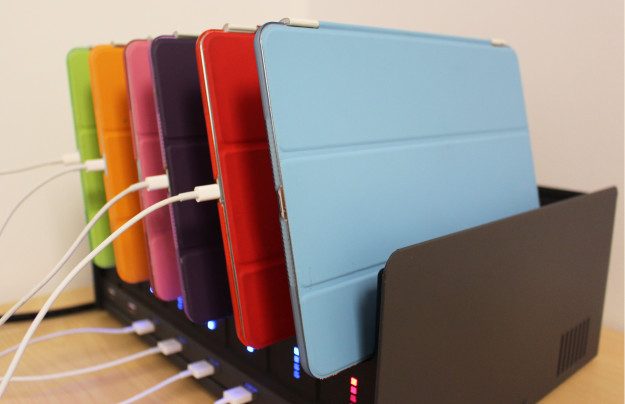Autism Kit for First Responders
In stressful situations, such as emergencies, people with autism may experience heightened challenges with communication and sensory perception. The sensory kit below includes items that may be helpful to officers, such as tips on assisting and interacting with a person with autism, as well as communication boards and visuals to make communication more accessible, and…








